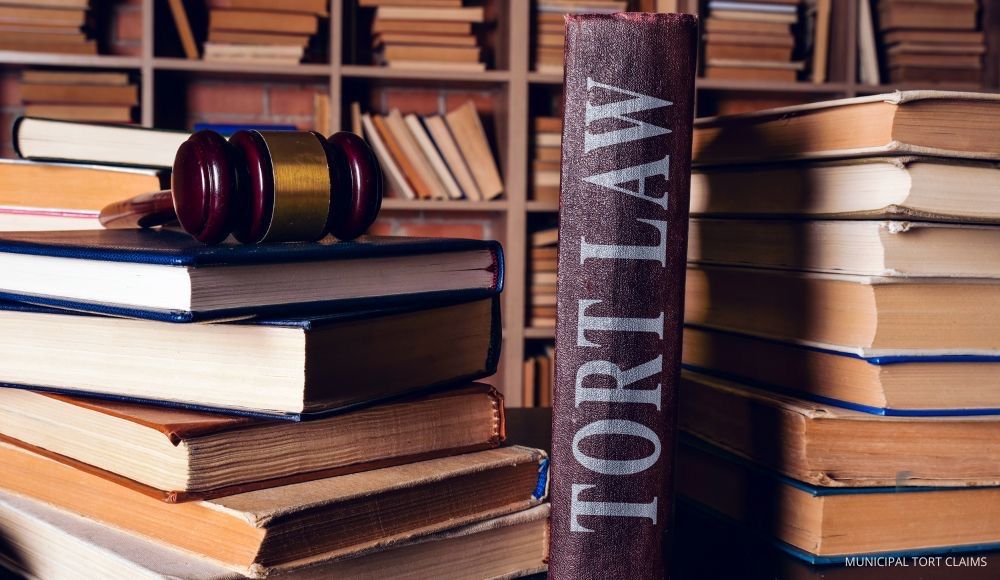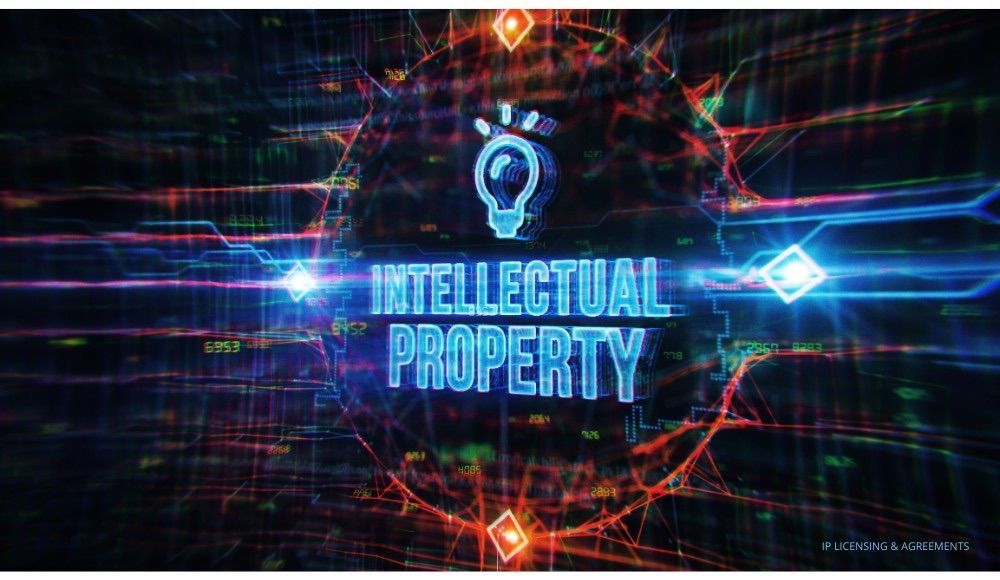What PA Residents Need to Know About the Right-to-Know Law

The Municipal Law Attorneys at Bingaman Hess offer a full range of legal services, including issues with the Right-to-Know Law.
The Pennsylvania Right-to-Know Law (RTKL) is meant to guarantee that the public has access to public records of government agencies in Pennsylvania. For example, if you want to know how much your municipality paid for snow removal, see the minutes from a recent public meeting, or read emails relating to a township's business, the RTKL provides a process to request the information and helps ensure the information is given to you.
Government Agencies Under the RTKL
Agencies subject to the RTKL include but are not limited to:
- Commonwealth Agencies, such as the Governor, the Attorney General, and the Auditor General
- Local Agencies, such as regional or municipal authorities, councils, or boards
- Legislative Agencies, such as the Senate and the House of Representatives
Records Under the RTKL
The Office of Open Records (OOR) defines a record as "any information regardless of its physical form or character that documents a transaction or activity of an agency AND is created, received, or retained pursuant to law OR in connection with a transaction, business or activity of an agency."
These records could be in multiple forms including emails, text messages, letters, maps, photographs or recordings.
Exceptions to the RTKL
To protect certain information, the RTKL contains exceptions – records that an agency can withhold under certain circumstances.
Some of those exceptions include the following:
- Social Security numbers
- Personal financial or medical information
- Identity of confidential informants
- Minor's name, home address, and date of birth
- DNA and RNA records
- Library circulation information
Before 2009, the burden of proof was on the person requesting the record. They had to establish why a record should be made public. The current RTKL puts the burden of proof on the agency. They have to prove why they are entitled to withhold any record.
How to File an RTKL Request
Here is the process to request a record from an agency:
- Determine which agency to ask or which agency is most likely to have the records you are interested in. The OOR provides a list of commonly misdirected requests to help you determine the right agency.
- Find the Agency Open Records Officer (AORO). Every agency is required to appoint one person to address all RTKL requests. You can find that information here.
- Prepare and submit the request. The OOR has a standard request form that all agencies are required to accept. Your request can be emailed, faxed, sent by USPS, or delivered in person. Make your request as specific as possible, and always retain a copy of all requests and correspondence.
The agency has five business days to respond in writing. The agency may grant or deny the request or invoke a 30 calendar day extension (available under certain circumstances).
If an agency denies your request or does not respond in the required time, the request is considered denied, or the agency may provide a document with redacted information. Redactions are considered denials, which can be appealed.
How to File an Appeal
If an agency refuses your request or fails to respond within the required timeframe, you can file an appeal with the OOR (unless it is the Attorney General, Auditor General, or Treasurer, which has its own appeals officer). The appeal must be submitted within 15 business days of the mailing date of the agency's response through the OOR's online appeal form.
There is an OOR Mediation Program – an informal mediation program designed to resolve RTKL disputes – which can save time and money. It is a voluntary process intended to help parties reach a mutually agreeable resolution on records disputes.
The appeals officer has 30 days to issue their final determination, which is binding. If you disagree with the decision, you may file an appeal with the appropriate court.
How Can a Municipal Law Attorney Help?
Bingaman Hess's Municipal Law Attorneys offer a full range of legal services, including issues surrounding the Right-to-Know Laws. We can answer questions, help you through the process from the initial request to any appeals, and represent you if the appeal goes to court.
Give us a call at 610.374.8377 or find us online.










